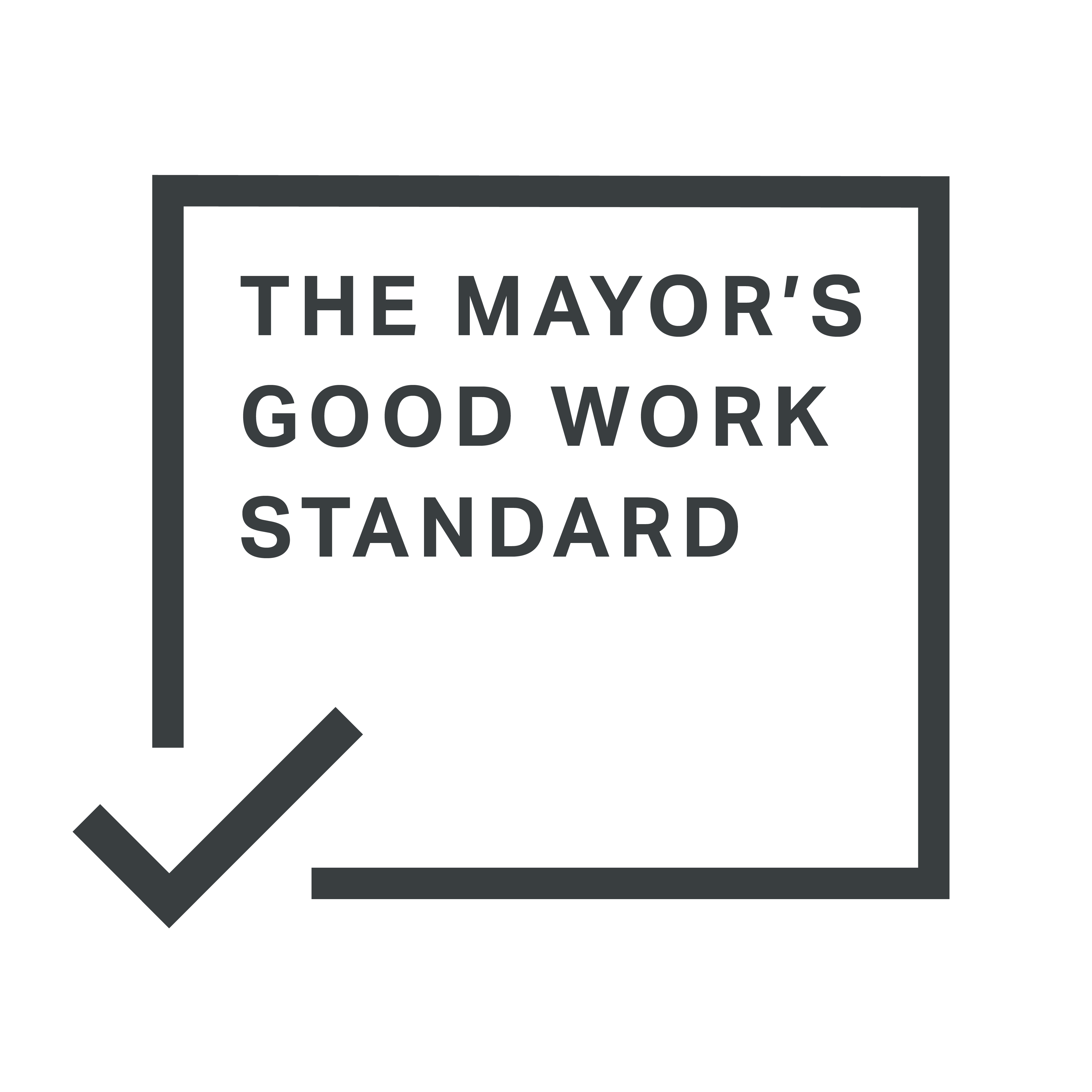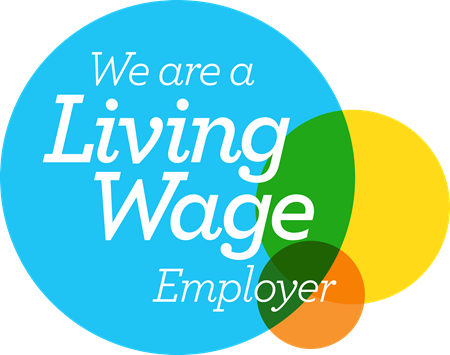We believe that everyone in London should have access to good quality, safe and efficient public transport, regardless of their age, gender, race, ethnicity, sexuality, income or disabilities. We aim to be the voice of all passengers and advocate for better transport for everyone. Key to this is access to transport, which we believe should be a fundamental right for everyone.
We recognise that equality, diversity and inclusion (EDI) needs to be at the heart of the work we do to ensure we represent the interests of all transport users in London and more widely.



